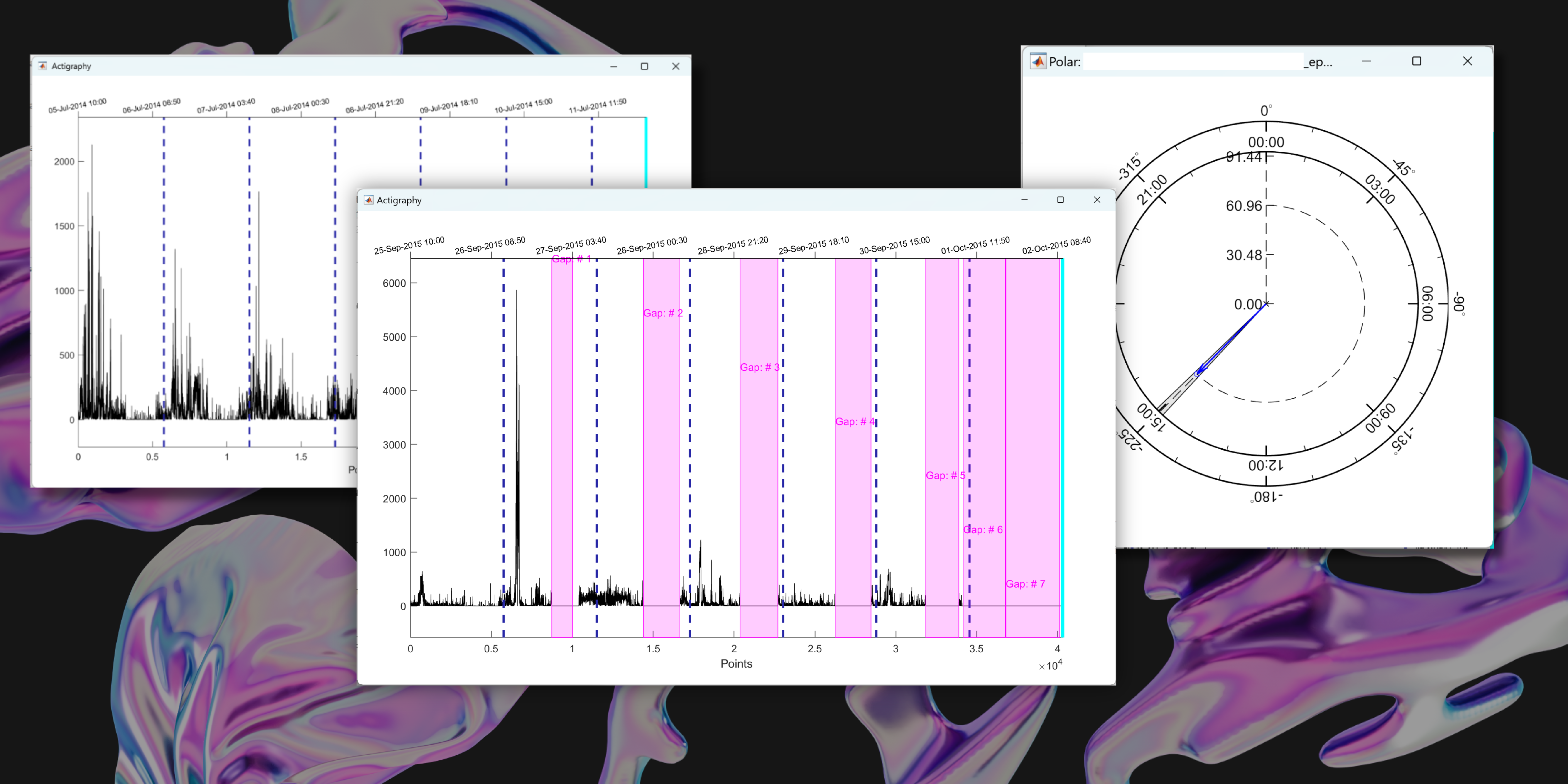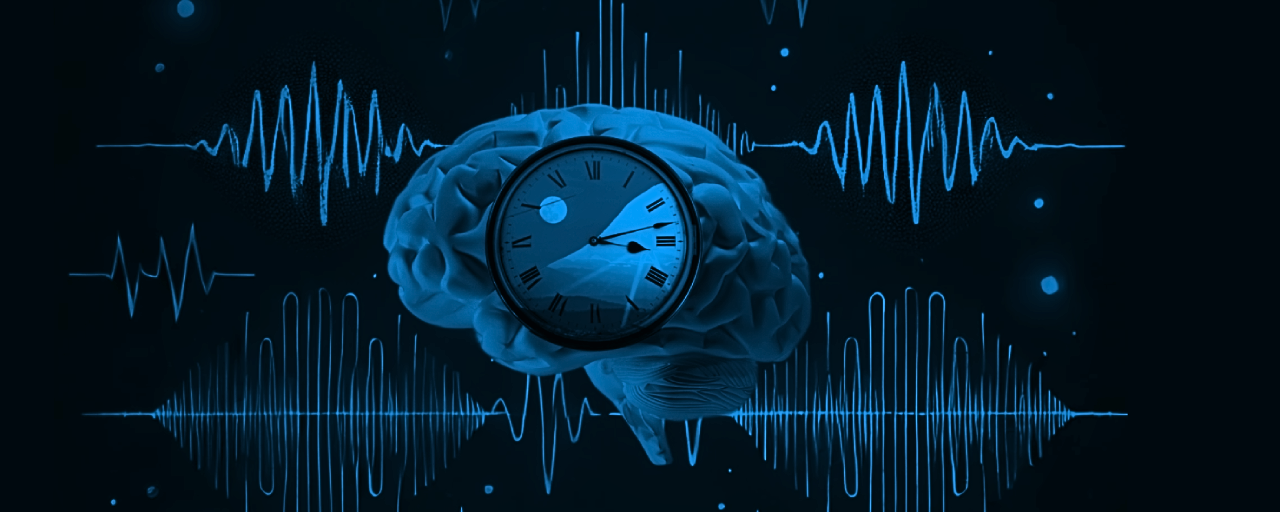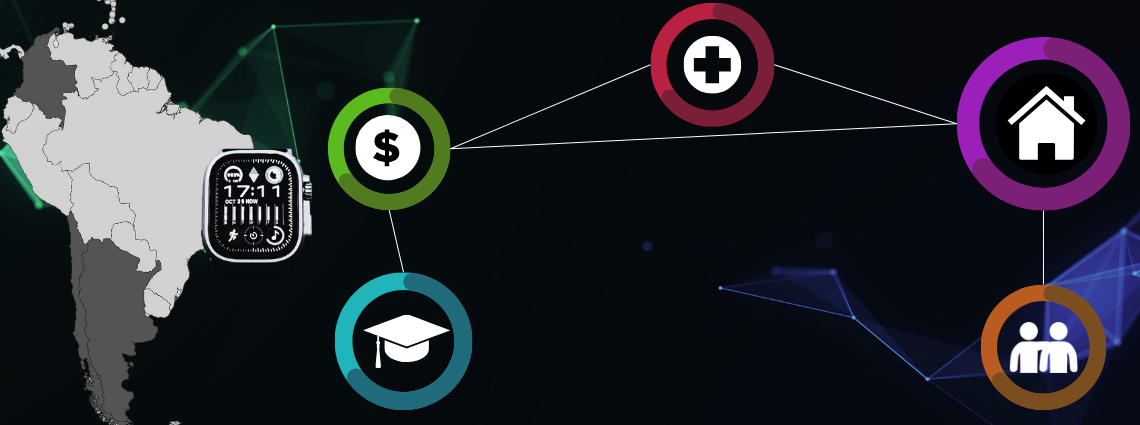Welcome
We conduct translational research, applying innovative approaches from modern physics, engineering, artificial intelligence, and data science to clinical medicine. We partner with clinicians and scientists across disciplines to promote ambulatory, unobtrusive monitoring of health and disease states to address health disparities globally. Our center provides comprehensive training in sleep and circadian physiology, complex physiological data analysis using wearable technology, artificial intelligence applications in healthcare, and clinical research methodology.
Featured Initiatives
Here are some highlights of our current work. For a complete overview of our research areas and projects, please visit our Research and Training pages.
The ReD-LAT Circadian Project focuses on Latin American populations across multiple countries, including Argentina, Colombia, and Chile. Our research investigates the relationships between age and socioeconomic determinants of health on sleep and rest-activity patterns, examines the links between circadian disruption and cognitive impairment, and explores the role of genetics in these associations.
This multisite randomized controlled trial evaluates whether a novel preoperative protocol can reduce postoperative delirium compared to the current Enhanced Recovery After Surgery Cardiac protocol. Our intervention combines sleep optimization through cognitive behavioral therapy for insomnia (CBT-I), cognitive training (brain puzzle) exercises, and scheduled intravenous acetaminophen administration.

eZActi – A Software Application for Actigraphy Analysis
eZActi empowers scientists without extensive programming experience to analyze complex actigraphy data. The software facilitates data visualization, circadian rhythmicity analysis, sleep detection, and detrended fluctuation analysis through an intuitive interface.




